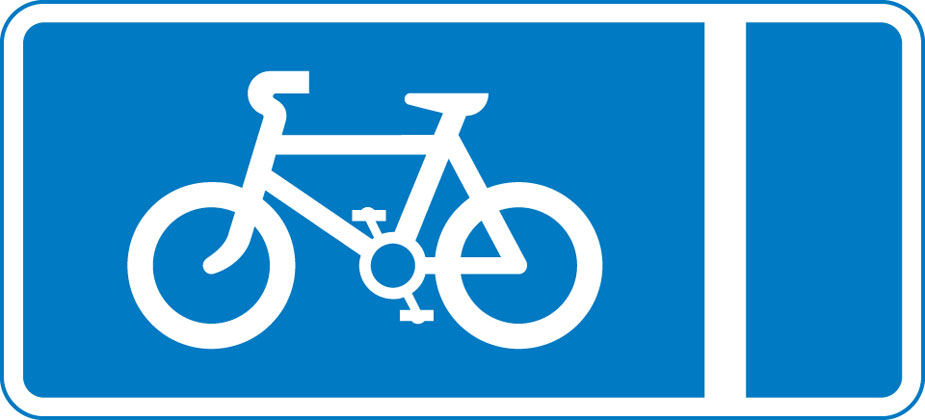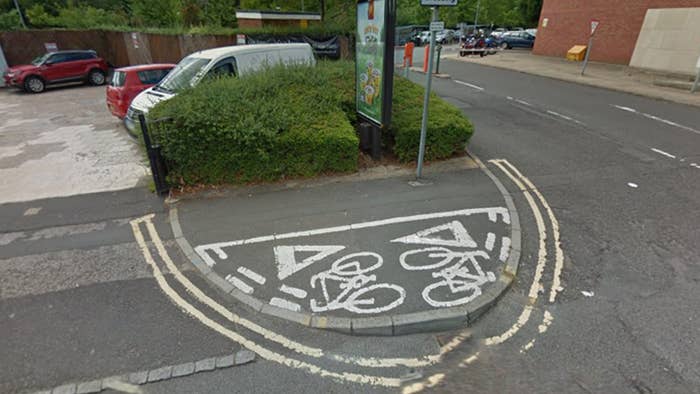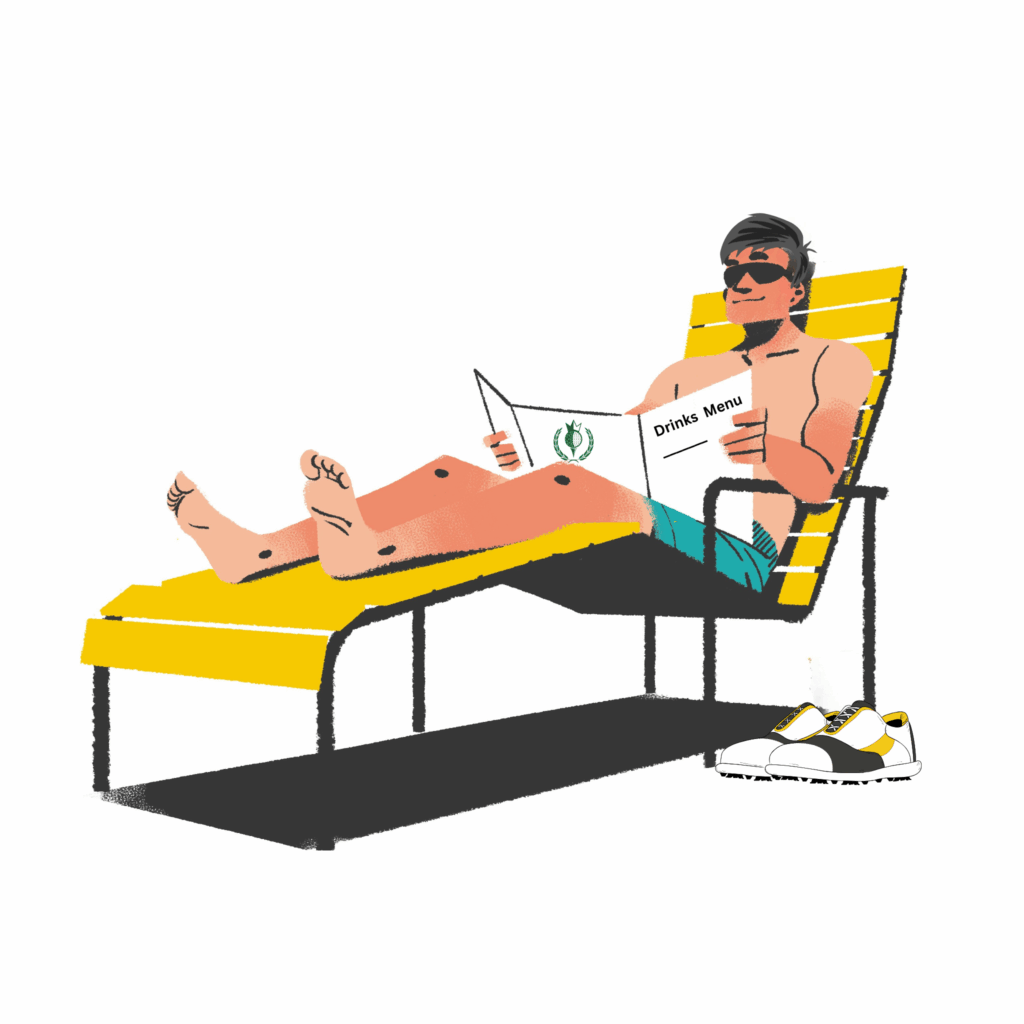Let’s be honest, if I told you this time last year that 5% of the population (that’s over 3m people) would have bought a bike over a couple of months, you’d never have believed it. What’s more, if I had then gone on to say that cycling was going to benefit from a £2bn investment from the government with £50 vouchers available to fix your bike, you’d probably ask me if I’d had one too many.
While we cannot shy away from the grim reasons behind this, it is cause for some optimism amongst cyclists. These things were in the pipeline anyway but have been fast-tracked, which means you’d be excused for finding it a bit hard to keep up with what’s what and when it might happen.

Kicking things off back in March, almost completely missed by the British media, the government announced bold plans to decarbonise transport by 2050. Since then, a few key strategies have been announced to help us on this journey, keep cyclists safe on the roads, and in May, the announcement of a £2bn scheme to support cycling. Various components of this have started to be released since then. A new body called Active Travel England has been appointed and will be looking to enforce things such as properly designed cycle lanes. Poignantly, in his announcements this week, Prime Minister said that there needed to be “wider cultural change” across all road users to help.
The industry has been working hard as well, to collectively drive the momentum forwards and help encourage people to choose a bike for transport. We’ve been supporting the #Bikeisbest movement which is actively encouraging and supporting people to choose a bike for shorter journeys and adding our voice to the conversation where we can.
We’ve run through a few of the key things to look out for that will, hopefully, benefit all cyclists moving forward:
Fix Your Bike Voucher Scheme

Launched this week (23:45 on Tuesday 28 July to be precise) with the aim of giving a £50 voucher to people looking to get an old bike back on the road. Sounds great, however the site crashed within hours and at the time of writing there is a holding statement online to say the first 50,000 vouchers have been taken and no note as to when more will be available.
So, a great idea in theory. One to encourage more people to choose cycling for shorter journeys which helps keep shorter journeys greener meanwhile help the nation get fitter and lose weight.
We’ll be watching closely to see how this scheme goes. It’s fair to say our business insurance team have been busier than ever insuring mechanics keen to take advantage of the scheme through our mobile mechanics insurance policies. But will it just benefit the bigger retailers, or will the independent shops get a look in too?
Highway code changes

This could be a game-changer. How many times have you been on a ride when someone has angrily shouted out the window at you for riding two abreast, or a car overtakes you to then immediately turn left? Well, the good news is that the Government are consulting on changes to the Highway Code that will improve safety on the road for “vulnerable users”. There is a long list of the things that are in the mix for change, but here are a few of the more important points:
Hierachy of responsibility: essentially putting the most vulnerable road user at the top of the list and their needs should be considered first. So a pedestrian would be more vulnerable than a cyclist which would be more vulnerable than a car, and so on.
Junction Priority: vehicles that are turning at unmarked junctions should always give priority to a pedestrian or cyclist going straight ahead as they would have right of way.
Group Riding: a removal of the confusion here to state that cyclists can and should cycle two abreast but should move into single file if a car wants to pass when it is safe to do so.
Over Taking: new guidance would suggest leaving 1.5 meters if driving under 30mph or 2m if driving over 30mph or if you are in a large vehicle. There are also proposals to make a wider pass mandatory in bad weather and at night. The question here is whether this will actually change the behaviour of those who pass cyclists without care, or worse still, the dreaded “punishment pass”.
Your road position: it is not clear where a bicycle should cycle and therefore many cars assume bicycles should hug the side of the road. In fact, it’s often safer to be out in the middle of the lane so that you are more visible and out of the dangerous “dooring” zone. The changes will likely suggest that cyclists should cycle nearer the middle of the lane to make themselves more visible.
Roundabouts: under the new changes, cars will be asked to give priority to cyclists at roundabouts.
Weaving through traffic: let’s admit it, most cyclists do it and lots of drivers find it annoying, however it could be to the highway code so that cyclists can weave through slow-moving traffic if it’s safe to do so.
Residential road changes
Incredibly, residents could be given the power to completely banish through-traffic from their roads in favour of walking and cycling and (even better) councils will be banned from building rubbish cycle lanes! Hoorah! Of course that traffic will need to go elsewhere which may then create a knock on headache elsewhere. That said, in a utopian society, everyone would do all their short journeys by foot or bike so it wouldn’t be a problem!

The other excellent news is that local councils will be prevented from building rubbish cycle lanes. You know, the ones that suddenly turn into a phone box or bench, or have cars packed in them. Instead, Active Travel England will be tasked with policing these and advising councils on how to best build their cycle infrastructure. For example, they won’t allow budget to be used any longer for cycle lanes that are just painted on, they will have to have physical barriers, or protection from cars. It’s also been said that they can threaten to cut budgets from other areas if councils fail to deliver on active transport.
GPs to prescribe cycling
Alongside the Government’s announcements has been the news that GPs will be encouraged to prescribe cycling to help with their patient’s health. This investment would be focused on areas with a “poor health outcome” where GPs would have access to a fleet of bikes they would be able to lend patients. This is not a catch-all scheme, however it’s another step in the right direction to help get more people on bike and to start reaping the physical and mental health benefits that can come alongside cycling.
Grants for E-Bikes
Not much to put here other than the idea got thrown into the pot to support people with the cost of buying an electric bike. The hope would be that this could encourage more people to commute to work, even if their commute is hilly or longer, and stop the cost of the bikes being a barrier for many.
More active travel will also relieve pressure on the roads and on public transport, where capacity has been cut due to social distancing measures. Since May, people have been urged to walk or cycle to work or elsewhere when possible. We are already seeing a “boom time” for e-bikes, and it is likely that the growth in the market will continue to accelerate with or without government intervention.
E-Scooters
E-scooters remain illegal on UK roads, due primarily to a technicality in the law that categories them as “motor vehicles” and requires they are registered, licenced and taxed before riding. While there are plenty about on our streets, riders risk fines and points on their licence if a passing police officer enforces the law.
The first e-scooter trials are underway in the North of England, however. Assuming all goes smoothly and the government are satisfied they can be used safely on our roads, it’s likely that an exception to the rule will be made for e-scooters along with similar terms to e-bikes. We have been consulting with the Department for Transport to help them understand the potential risks and benefits.
Only time will tell how these schemes above will pan out, or even take off in the first place. The £2b in investment for cycling is not new money, but since the COVID crisis, it has been fast-tracked to help tackle obesity as well as help us all a collective journey to find a greener way to travel.
Yellow Jersey provide Bicycle Insurance and Electric Bike Insurance policies in the UK. If you are looking for e-scooter insurance, we have a waiting list so you can be the first to find out what is available following a change in the law.


